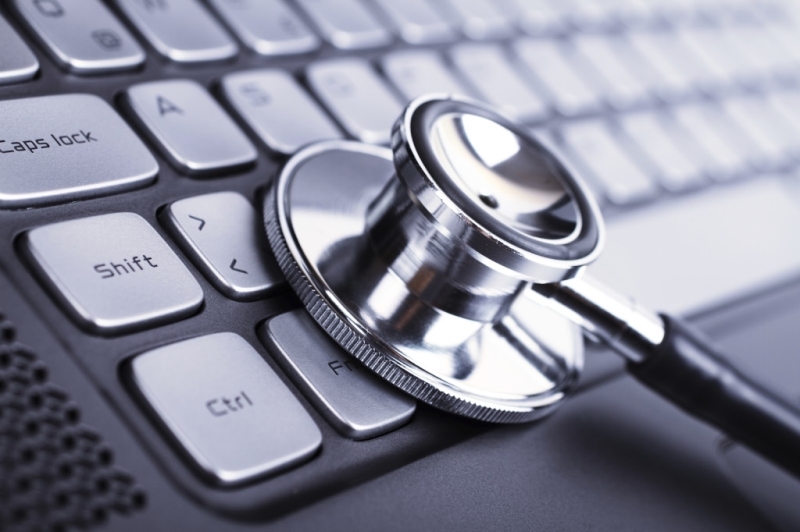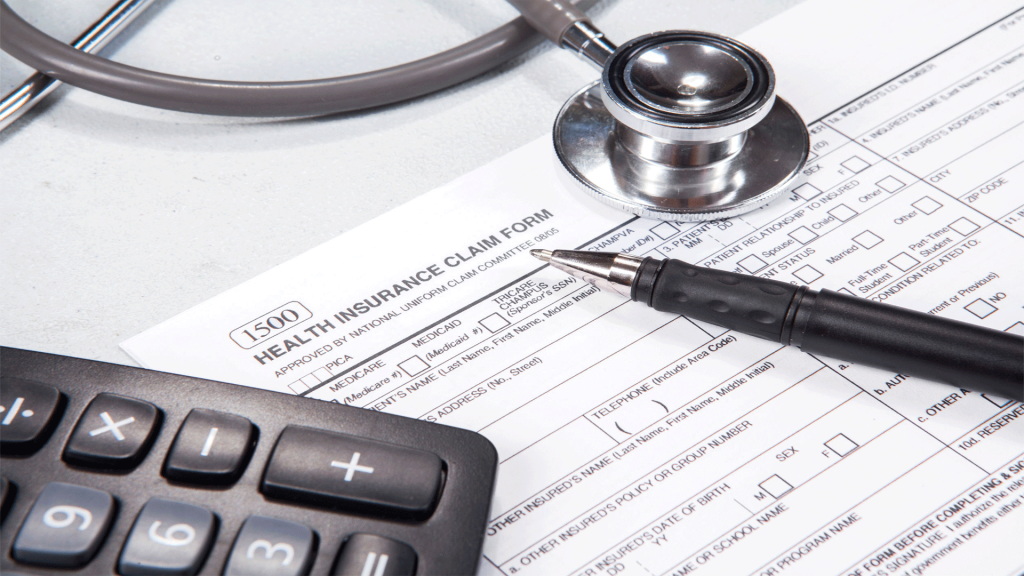**Title: Learn Medical Coding And Billing: A Comprehensive Guide**
**Introduction:**
In the ever-evolving healthcare industry, medical coding and billing play a crucial role in ensuring accurate and timely reimbursement for healthcare services rendered. Medical coders and billers help translate complex medical procedures and diagnoses into universal codes that insurance companies and healthcare providers use for billing and reimbursement purposes. Learning medical coding and billing can open up a world of opportunities for individuals looking to enter the healthcare field. In this guide, we will explore the ins and outs of medical coding and billing, including the benefits, practical tips, and how to get started in this rewarding career path.
**Benefits of Learning Medical Coding and Billing:**
– In-demand Career: The healthcare industry is continuously growing, and the demand for skilled medical coders and billers is on the rise. By learning medical coding and billing, individuals can secure stable employment in various healthcare settings.
– Competitive Salary: Medical coders and billers are essential members of the healthcare team, and they are compensated well for their expertise. According to the Bureau of Labor Statistics, the median annual wage for medical records and health information technicians was $42,630 as of May 2020.
– Flexibility: Medical coding and billing professionals have the flexibility to work from home, part-time, or full-time, making it an attractive career choice for individuals seeking work-life balance.
– Career Growth: With experience and additional certifications, medical coders and billers can advance in their careers and take on roles such as coding supervisors, compliance officers, or educators.
**Practical Tips for Learning Medical Coding and Billing:**
1. Choose a reputable training program: Look for accredited institutions or online courses that offer comprehensive medical coding and billing training. Ensure that the program covers important topics such as medical terminology, ICD-10-CM/PCS, CPT coding, and insurance reimbursement.
2. Practice regularly: Medical coding and billing require attention to detail and accuracy. Practice coding exercises regularly to sharpen your skills and improve your accuracy.
3. Obtain certifications: Consider obtaining certifications such as Certified Professional Coder (CPC) or Certified Coding Specialist (CCS) to enhance your credibility and marketability in the field.
4. Stay updated: The healthcare industry is constantly changing, with new coding guidelines and regulations being introduced regularly. Stay informed by attending workshops, seminars, and webinars to stay abreast of the latest developments in medical coding and billing.
**Getting Started in Medical Coding and Billing:**
To get started in medical coding and billing, individuals can follow these steps:
1. Research training programs: Research accredited medical coding and billing training programs that align with your career goals.
2. Enroll in a program: Enroll in a reputable training program that covers essential topics such as medical coding, billing, and reimbursement.
3. Obtain certifications: Consider obtaining industry-recognized certifications such as CPC or CCS to enhance your credentials.
4. Gain practical experience: Look for internships or entry-level positions to gain hands-on experience in medical coding and billing.
5. Network: Build a professional network by joining industry associations, attending conferences, and connecting with experienced professionals in the field.
**Conclusion:**
Medical coding and billing are essential components of the healthcare industry, ensuring accurate billing and reimbursement for healthcare services. By learning medical coding and billing, individuals can embark on a rewarding career path with opportunities for growth and advancement. With the right training, certifications, and practical experience, individuals can excel in this dynamic and in-demand field. Start your journey in medical coding and billing today and unlock a world of opportunities in the healthcare industry.



